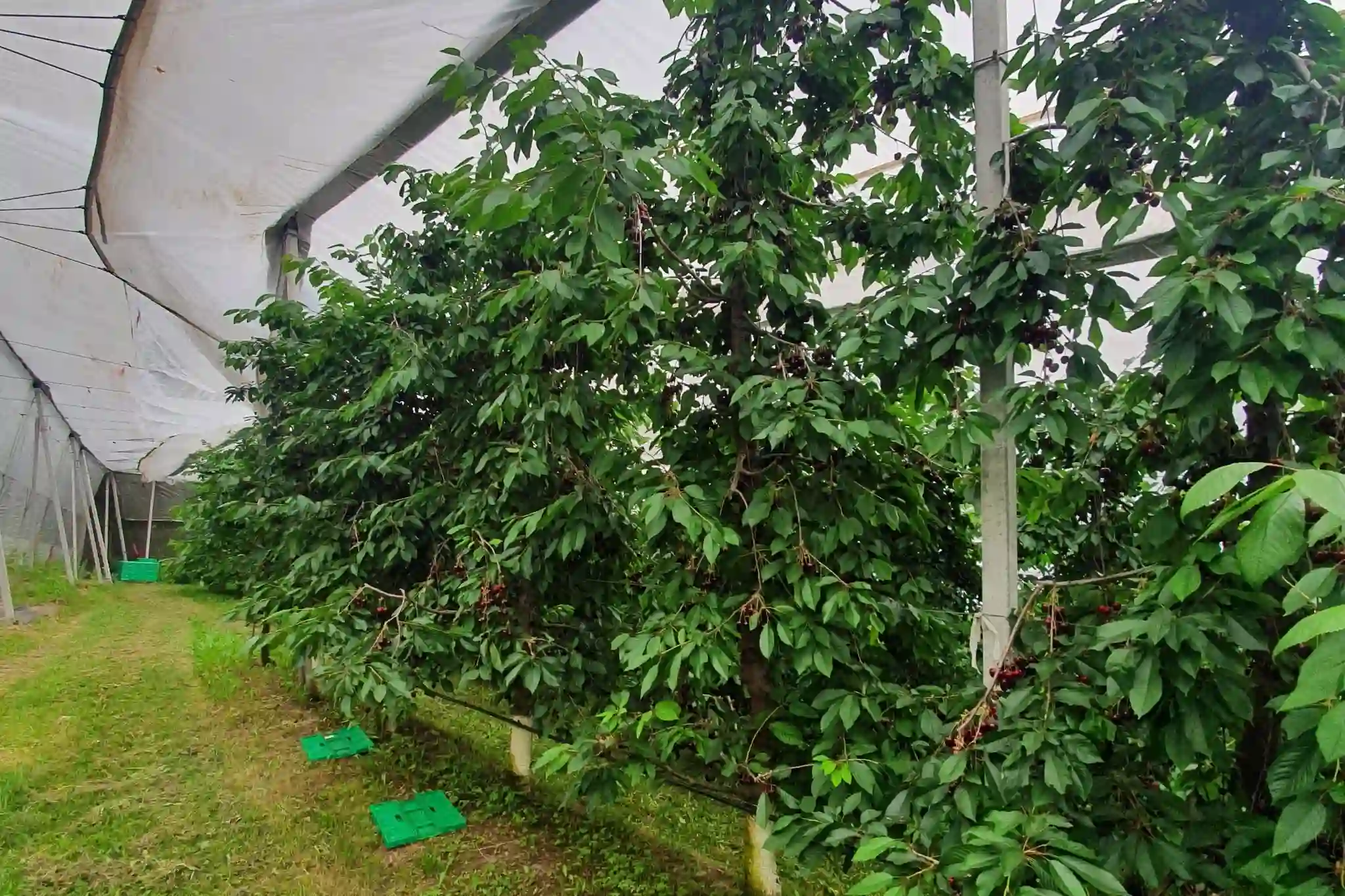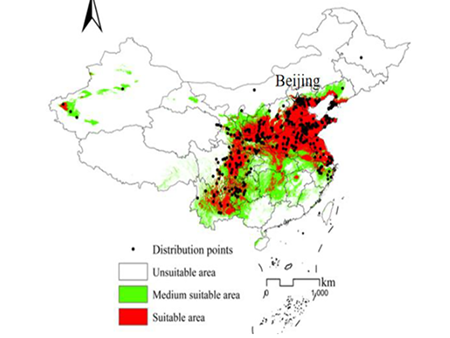
Stefano Lugli - SL Fruit Service
Cherry Times technical-scientific committee
Cherry Times' review of recent results from international cherry breeding programs continues. Today we discuss the new Veigi® rootstock series with Peter Stoppel, a well-known German cherry grower and hybridizer. In addition to the Weigi® individuals, Stoppel has selected and propagated early cherry varieties in the Prim® line and late cherry varieties called Final®, both marketed under the brand name Cerasina®
How do Weigi® rootstocks come into being?
"It all started half a century ago when, in 1965, 18 selections of Weiroot rootstocks were presented in Weihenstephan (D) by Prof. Hermann Schimmelpfeng. These clones were then crossed in 1989 with some selections from the Gisela series obtained by Prof. Werner Gruppe in Giessen (D)."
"This cross produced 400 seedlings that were planted in Weihenstephan in 1990 and evaluated and selected for 10 years together with Herman Schimmelpfeng. Five of these complex Prunus hybrids," Stoppel continues, "were selected and put into trials on my farm in Kressbronn am Bodensee (D)."
How did it go from early test trials to commercial deployment?
"After the first tests, The plant material of these rootstocks was first propagated in vitro and then bred and grafted in nurseries at Gräb gehölze und obstbau. Since 2023, the grafted plants have been spread for further experimental testing in different areas, in Germany, France and Italy."
The results of the trials," Stoppel points out, "were very promising, particularly for four clones (Weigi® 1, Weigi® 2, Weigi® 3 and Weigi® 4), which were registered, patented and commercially licensed. The license for in vitro propagation was awarded to Vitroplant of Cesena, Italy (I).
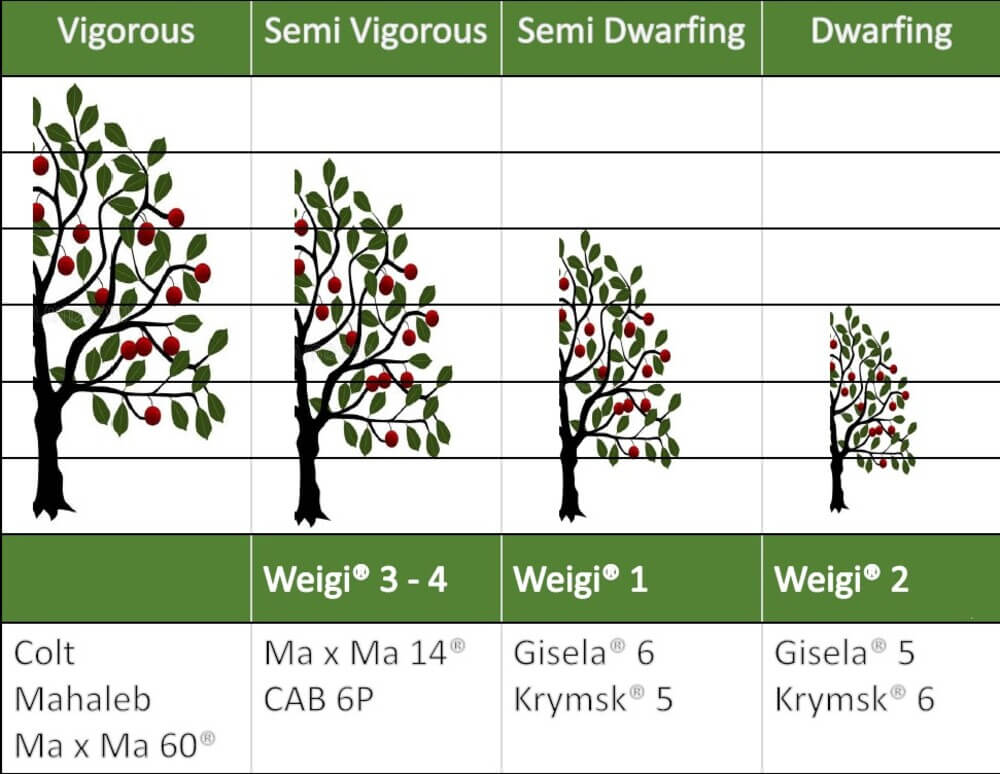 Image 1: Vigor classes of Weigi® series rootstocks.
Image 1: Vigor classes of Weigi® series rootstocks.
Quali sono le principali caratteristiche dei portinnesti Weigi®?
"Weigi®1 is recommended for central European climates, especially on fresh soils and with self-fertile varieties. It has approximately the same growth rate as Gisela® 6, but is much less sensitive than Gisela® 6 to high summer temperatures and water stress. Because of these characteristics, it has proven to be well adapted even in southern growing areas in Italy. In addition, the root system of Weigi1 withstands heavy rainfall and waterlogging quite well. to heat waves".
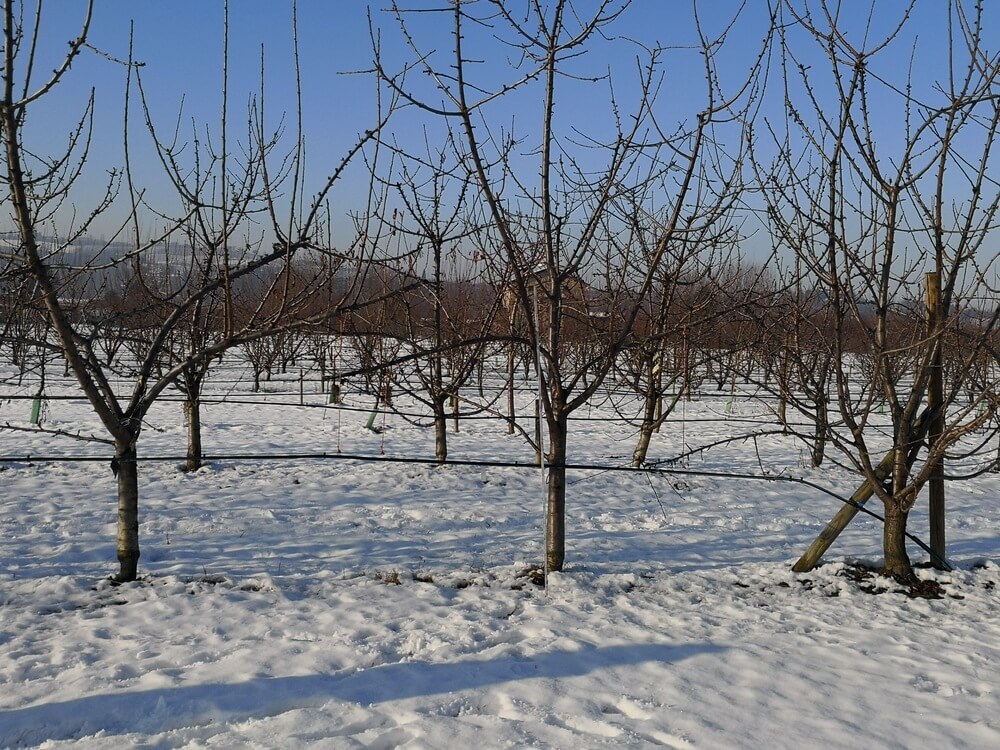 Image 2: Plants grafted onto Weigi® 1, center, onto Weigi® 2, left, and MaxMa® 60, right.
Image 2: Plants grafted onto Weigi® 1, center, onto Weigi® 2, left, and MaxMa® 60, right.
"Weigi® 2 in the central European climate and on light soils shows slightly higher growth than Gisela® 5. The production yield is similar to that of Gisela® 5, but the fruit size is slightly larger and, in very hot weather, the fruit of trees grafted on Weigi® 2 shows a tightness of maturity compared to those grafted on Gisela® 5".
"In addition, Weigi® 2 tolerates fluctuations in water supply better because of its deeper root system. Weigi® 2 sometimes grows poorly in the first two years, while after the second year, vegetative development is superior to Gisela® 5. Weigi® 2, in warm climate areas such as southern European or northern Chilean areas, has shown similar growth to temperate areas".
"In central Chile, Weigi®2 is already cultivated on a large scale, as well as in southern France, northern Italy, and Spain, where there have been good results in intensive cerasites up to the eighth year after planting".
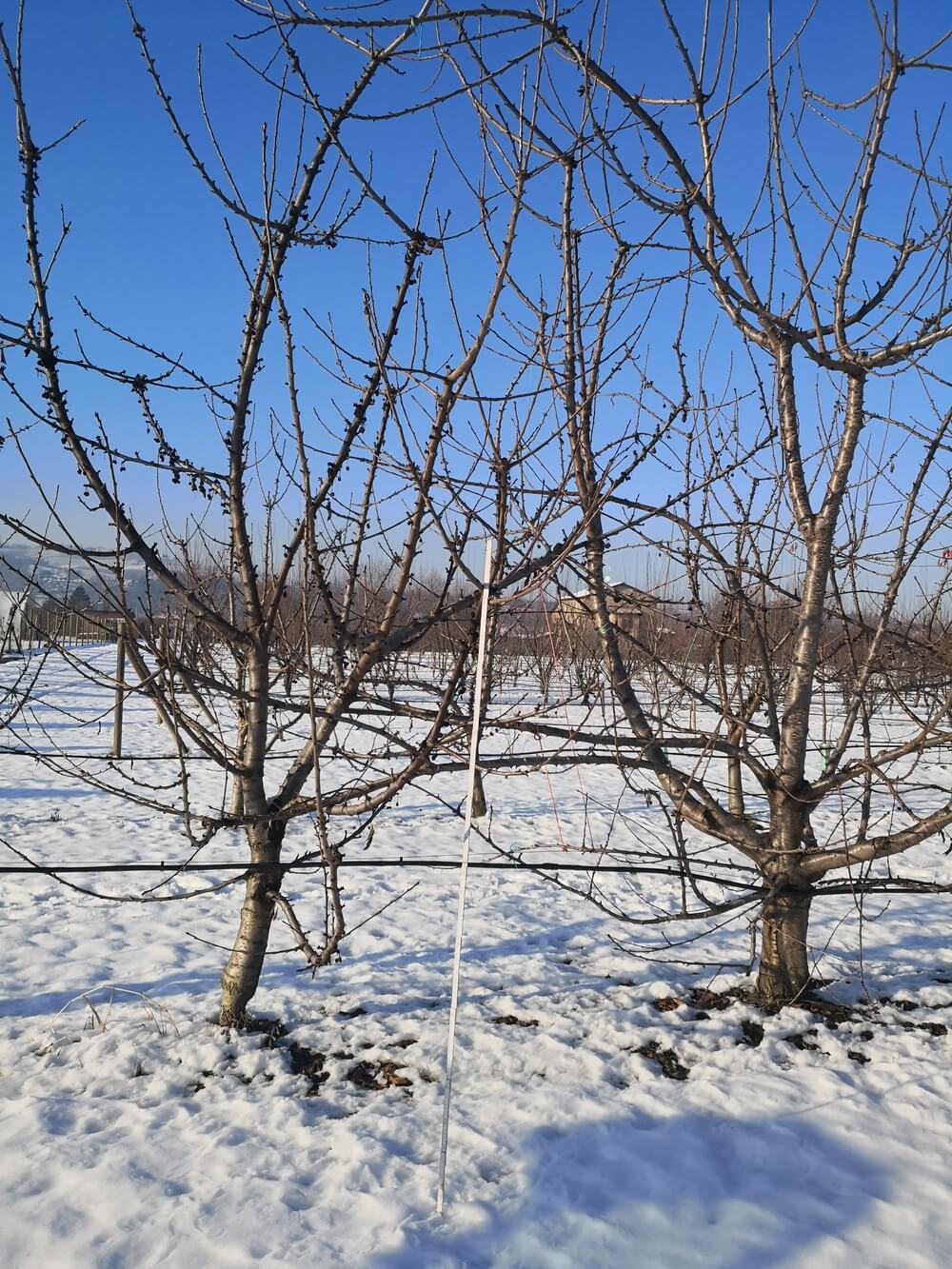 Image 3: Plants grafted onto Weigi® 2, left, and Colt, right.
Image 3: Plants grafted onto Weigi® 2, left, and Colt, right.
"Weigi®3 and Weigi® 4 as vigor rank between Gisela 6 and Colt. Both are recommended for less fertile soils or soils with limited irrigation availability. We have also seen good results on these in Italy, southern France and Germany."
For more in-depth information click here
Cherry Times - All rights reserved









